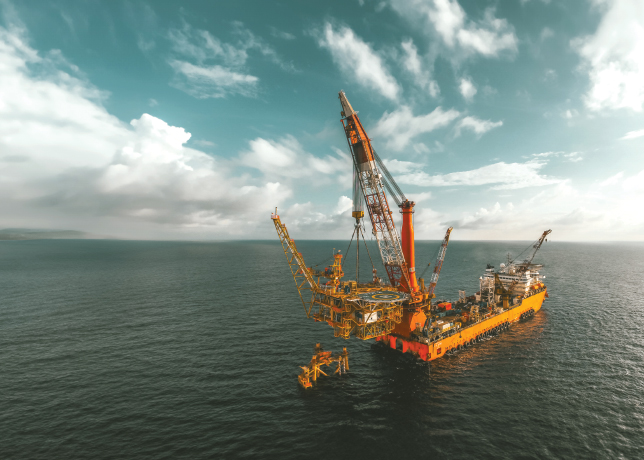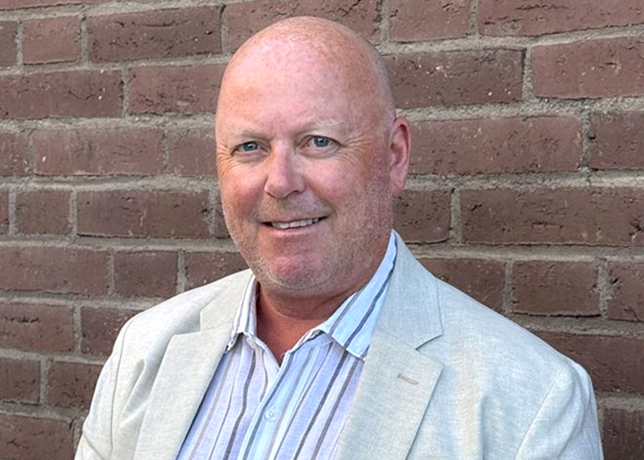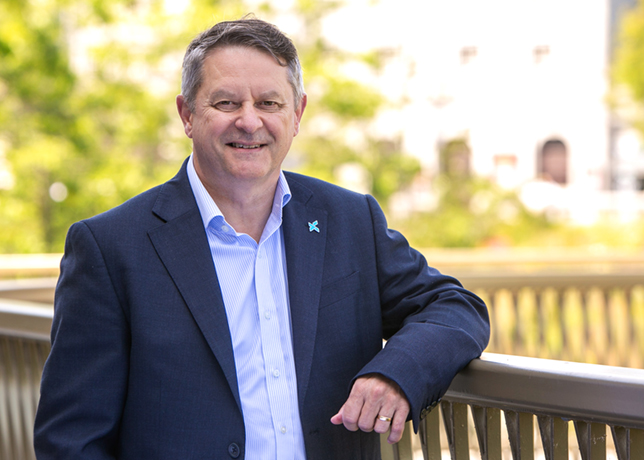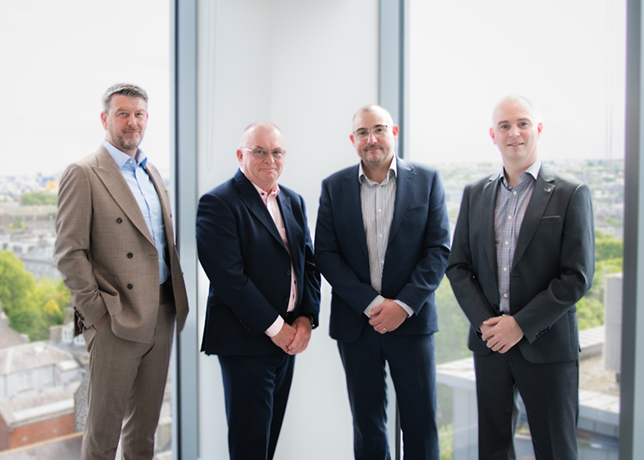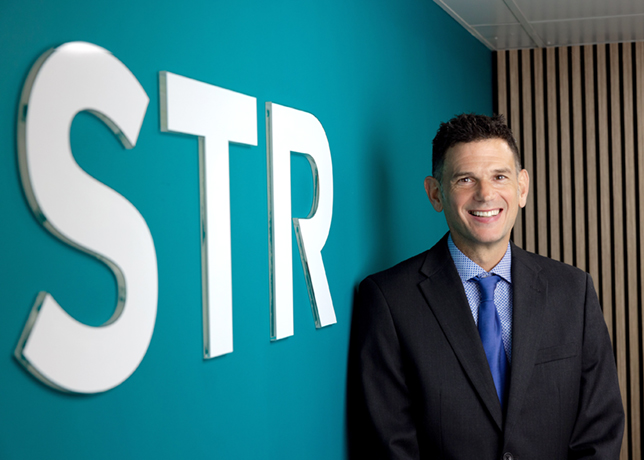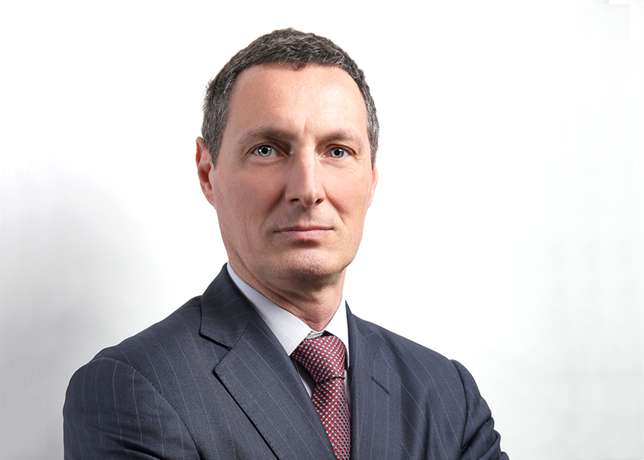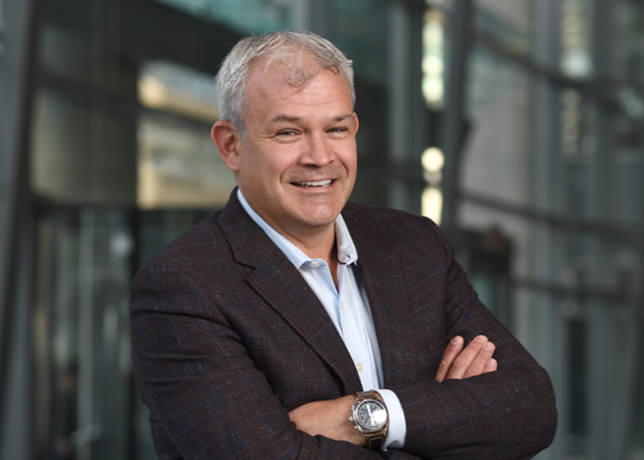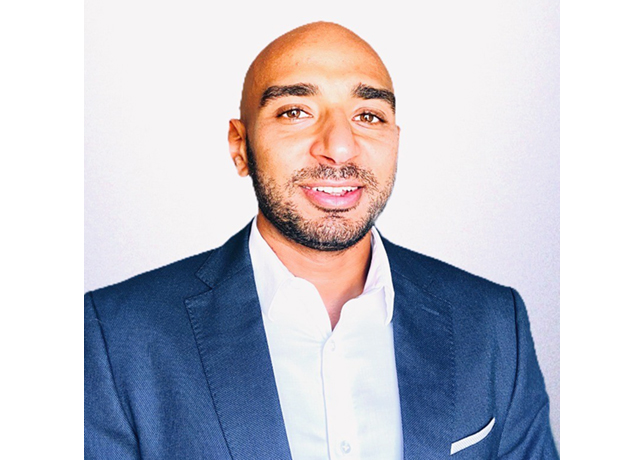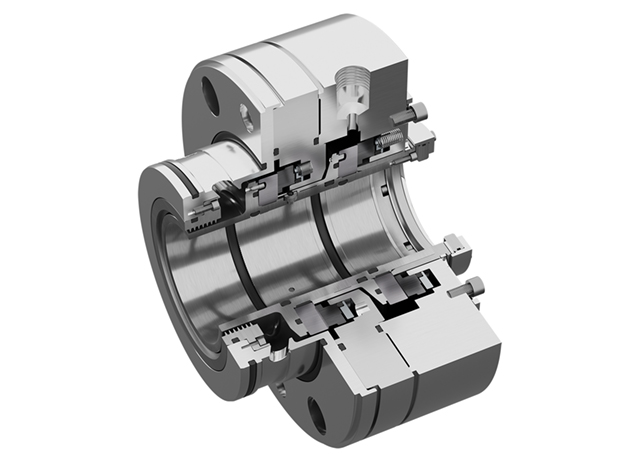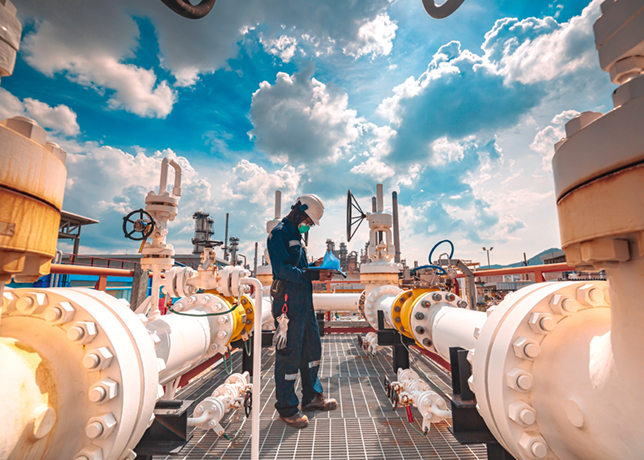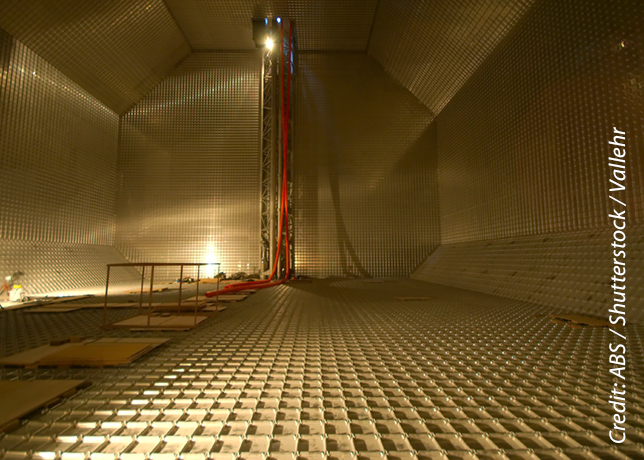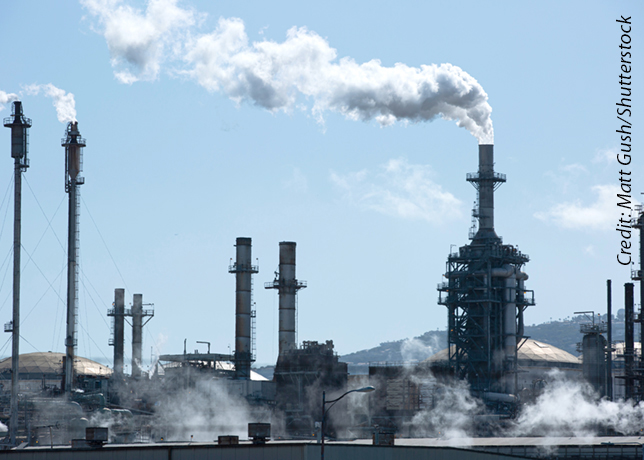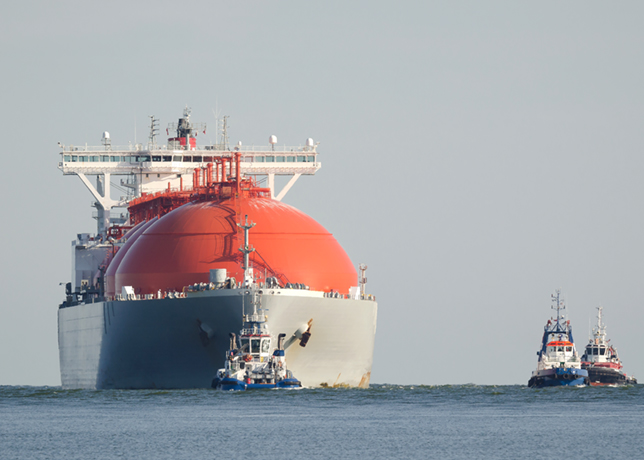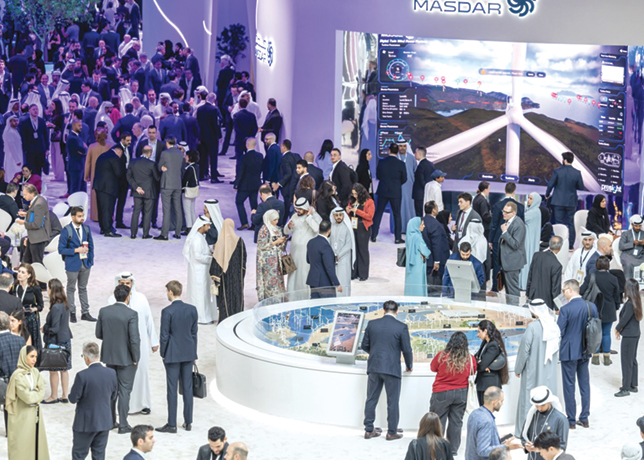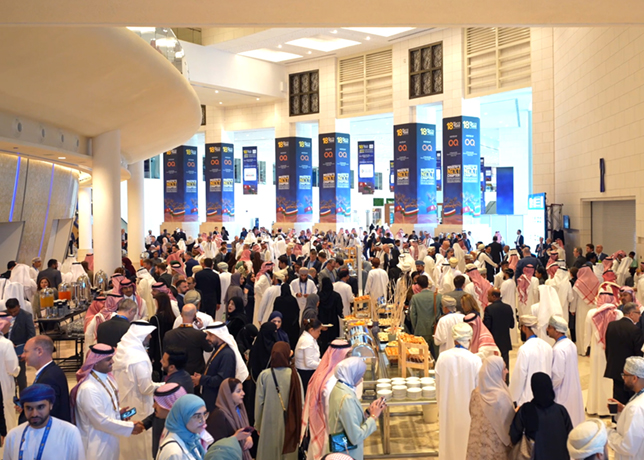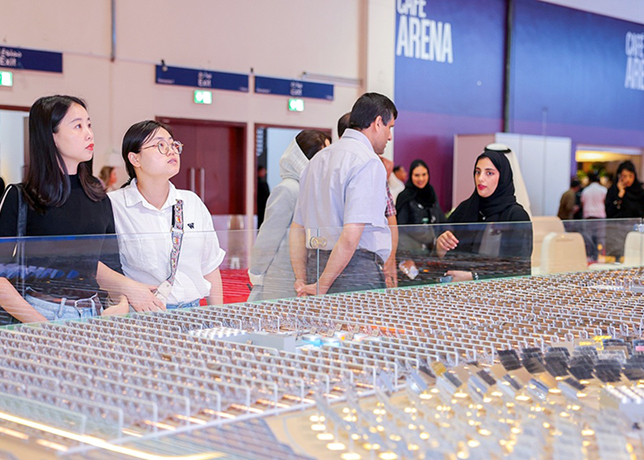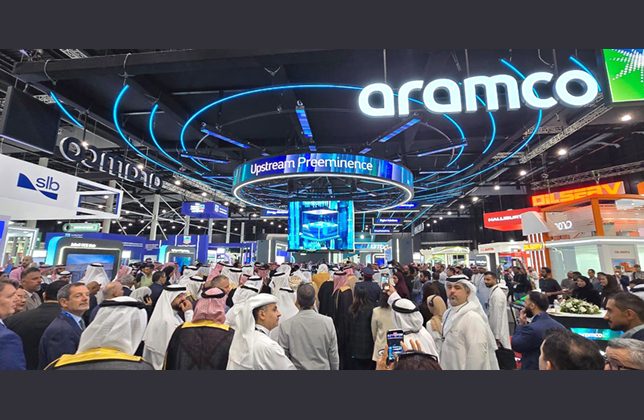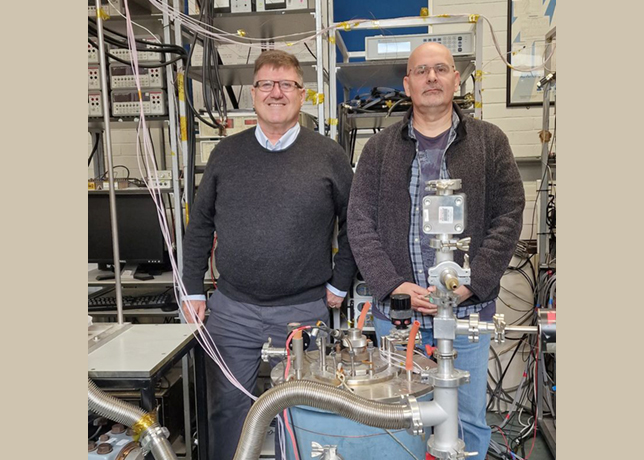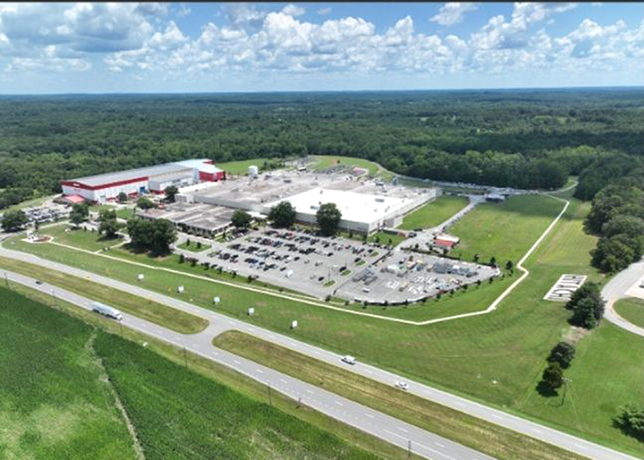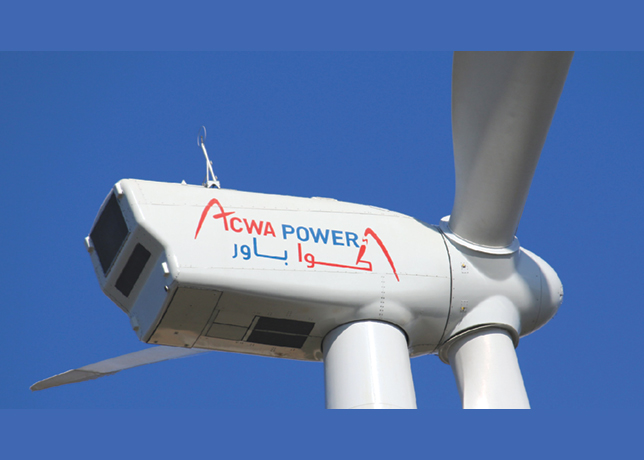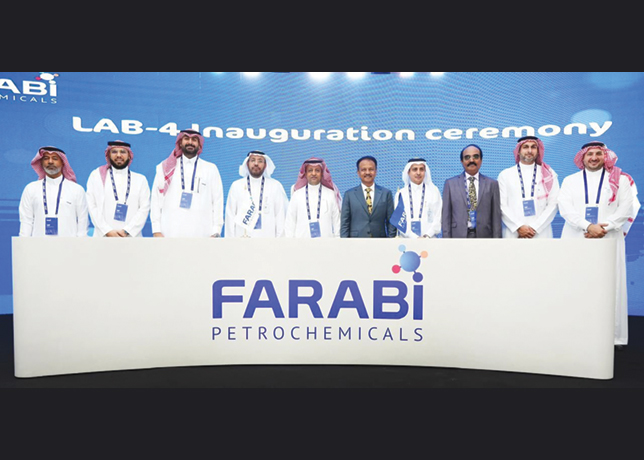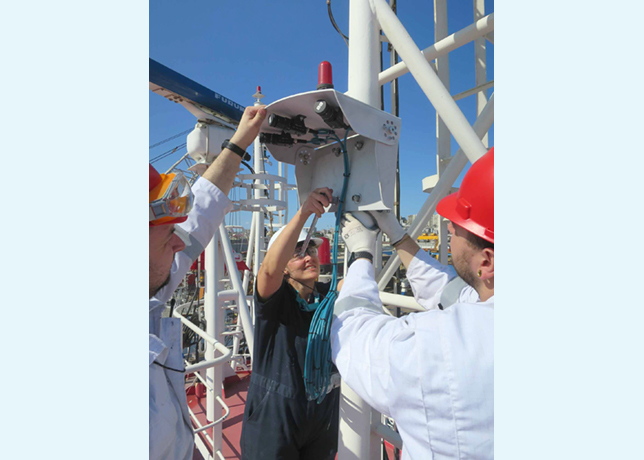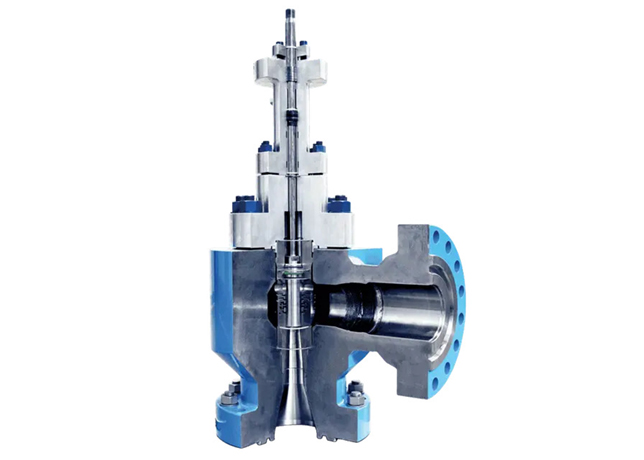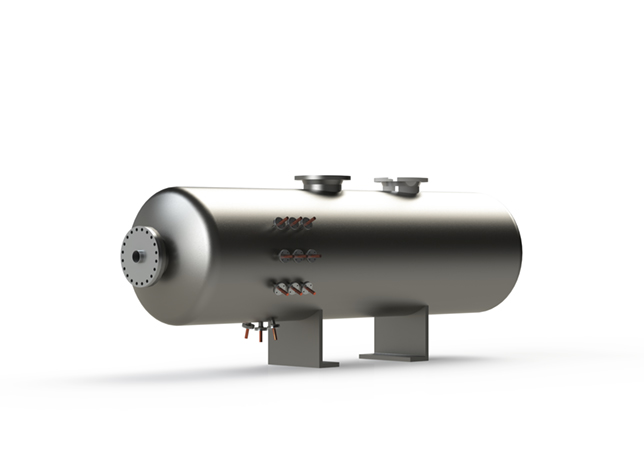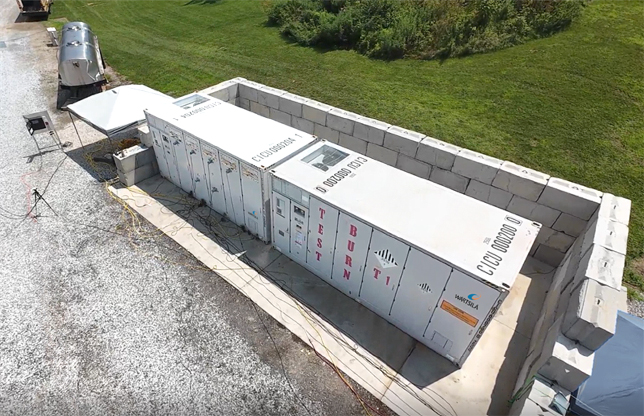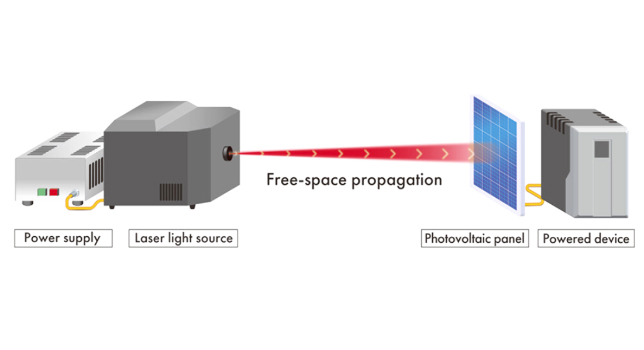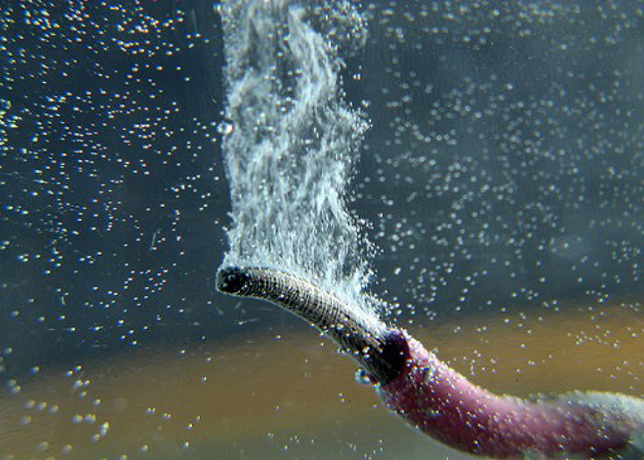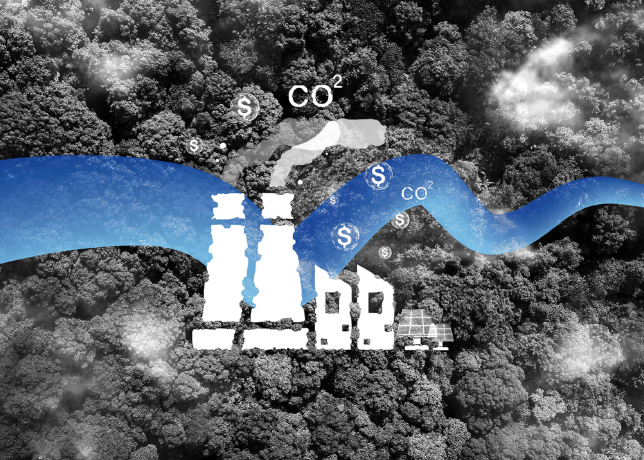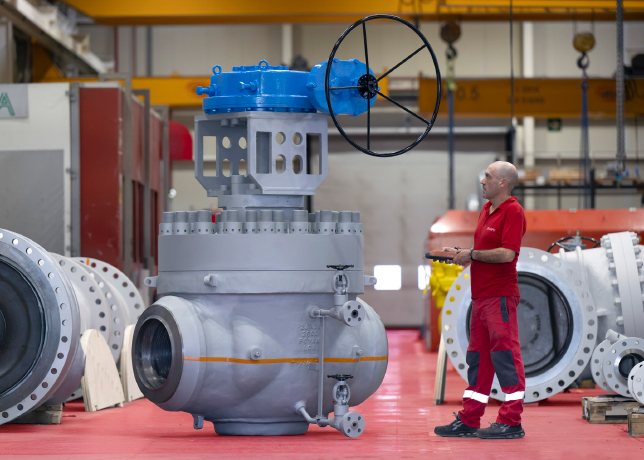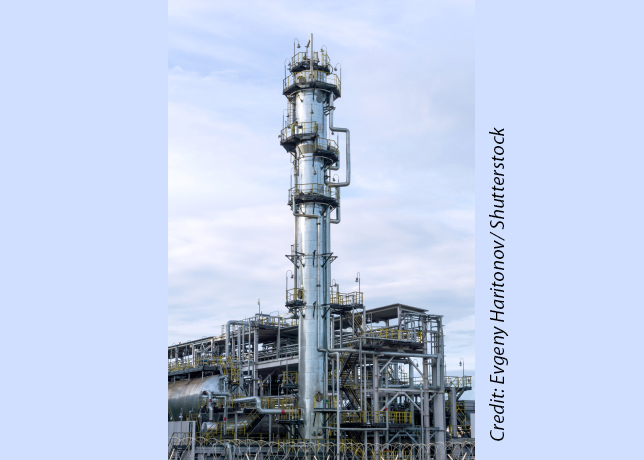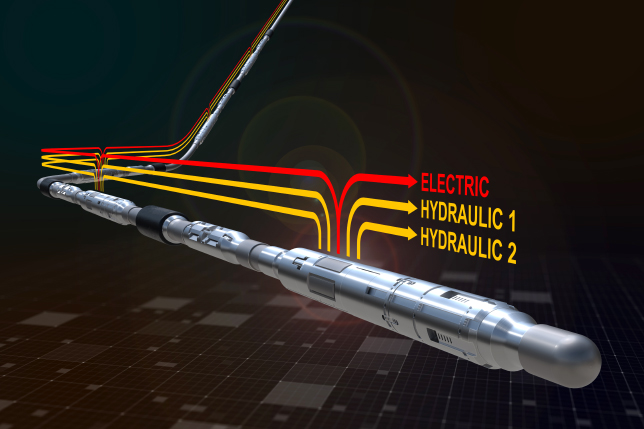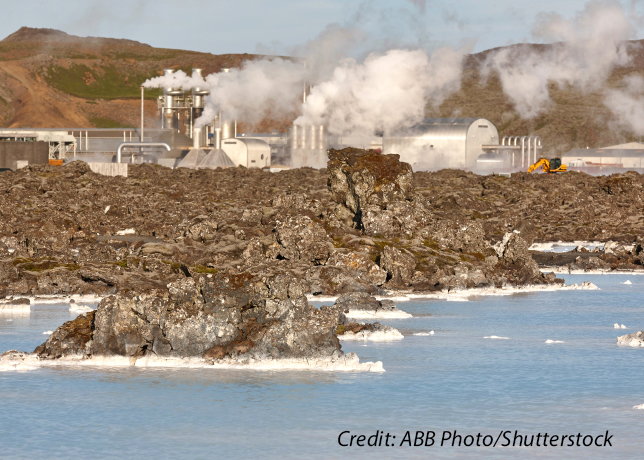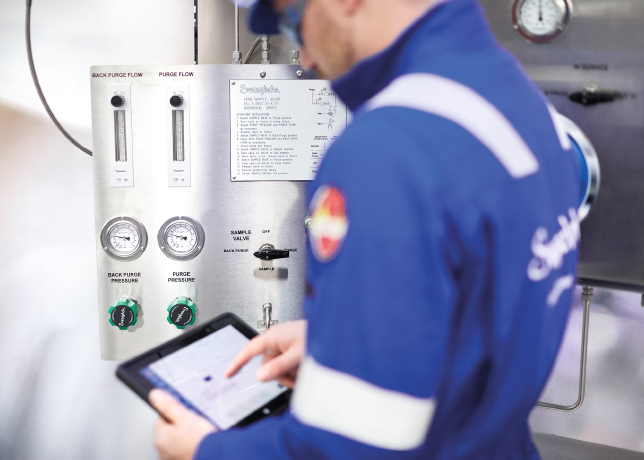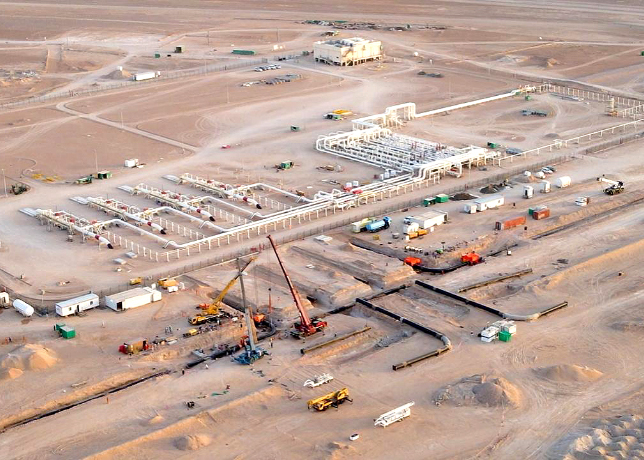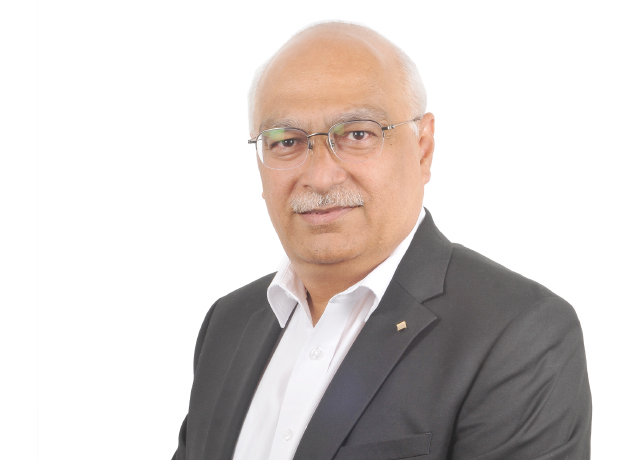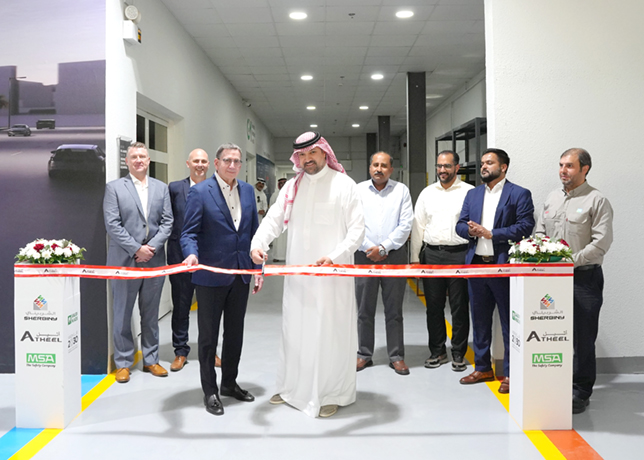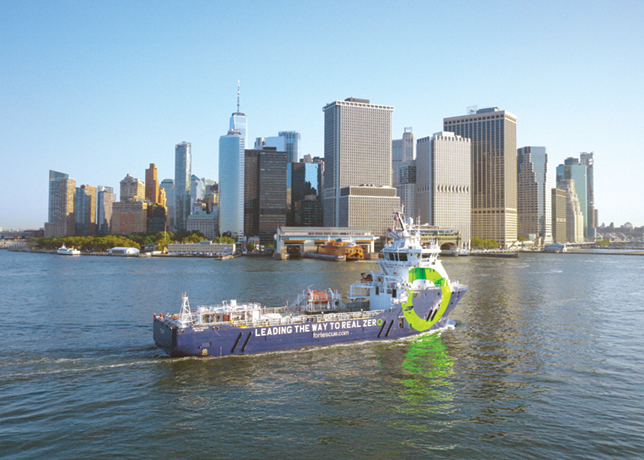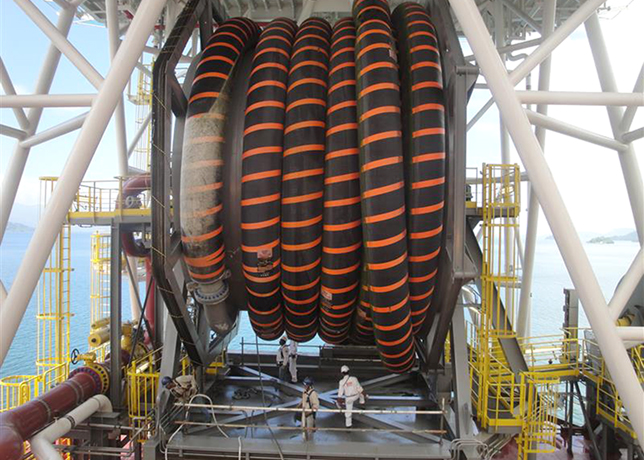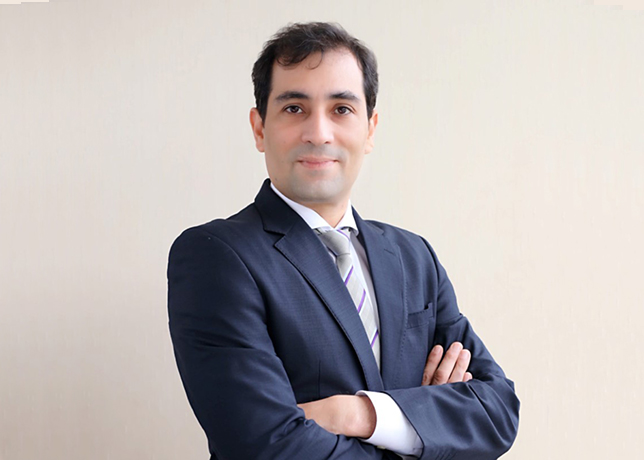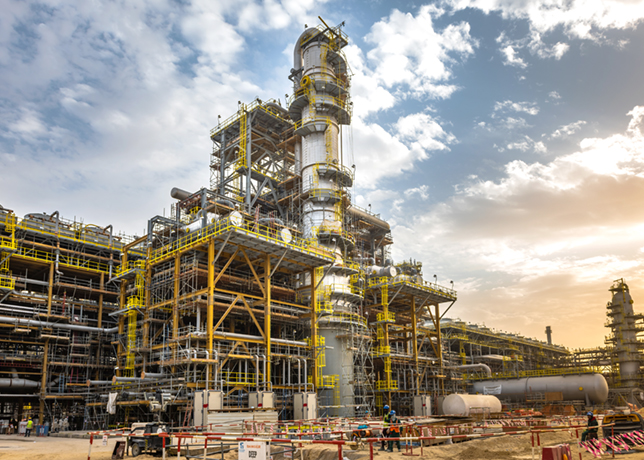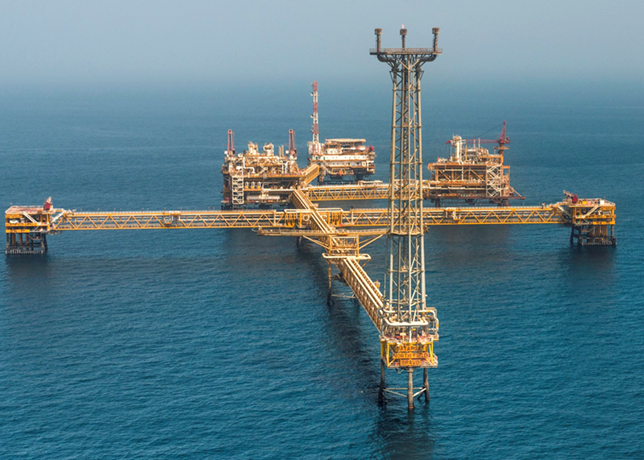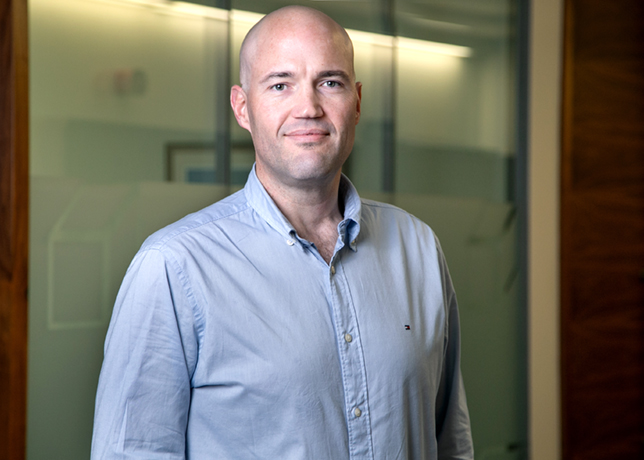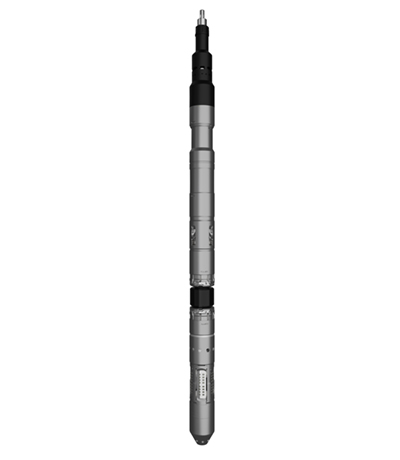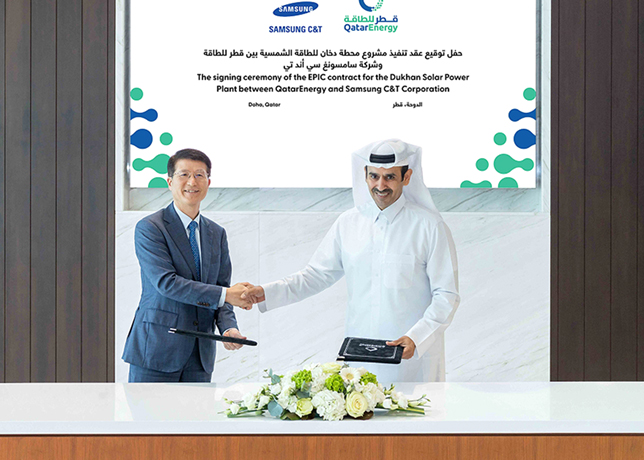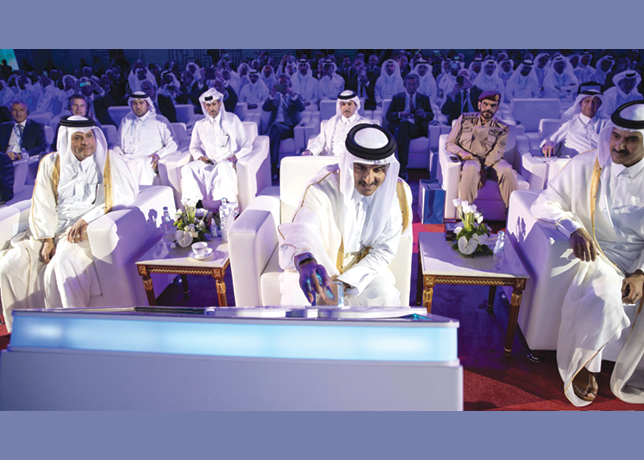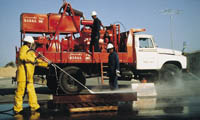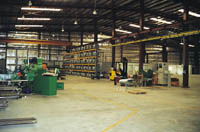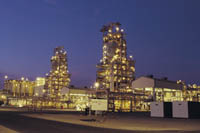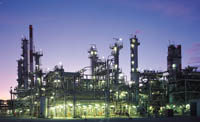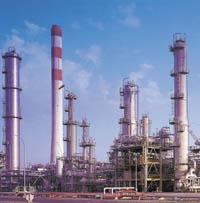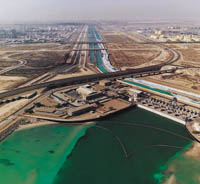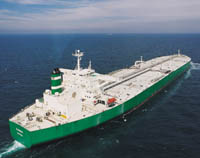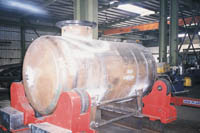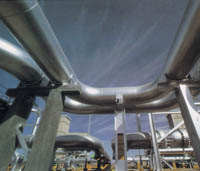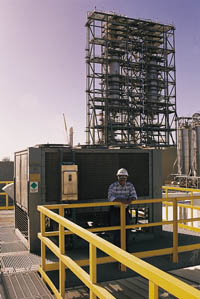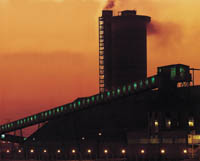
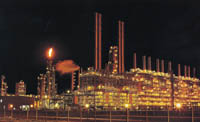
SINCE ITS establishment 25 years ago, Sabic has provided the solid base of Saudi Arabia's petrochemical might.
While the Corporation has provided the vast bulk of investment and industrial development in Jubail and Yanbu, it is also increasingly providing the impetus for private petrochemical developments.
Sabic's involvement with the private sector is nothing new, the Corporation being 30 per cent owned by private investors.
For its part, Sabic is embarking on a major programme of expansion which will see the reinforcement of Jubail and Yanbu as world-class petrochemical centres.
Alongside expansions are organisational changes and new strategic thrusts which will further confirm Sabic as a global company.
Last year Sabic laid the foundations for this growth, registering profits of $968 million (a 112 per cent increase over 1999) from record sales revenues as the petrochemical market recovered, though higher financing costs for expansion projects and lower world petrochemical prices lowered year-on-year net profit in the first quarter of this year.
More than 21 million tonnes of Basic Chemicals, Intermediates, Polymers, Fertilizers and Metals were marketed last year, about five per cent of total global production, according to Sabic vice chairman and managing director Mohamed Al Mady. Several expansion projects at Sabic's manufacturing affiliates in Jubail and Yanbu came onstream last year, and the full effect of this is expected to be felt this year.
Sabic's current production capacity is 35 million tonnes per year (tpy), a figure which is set to grow as the Corporation targets ultimate capacity of 48 million tpy by 2010.
The Corporation will establish its 17th manufacturing affiliate in the Kingdom in Jubail when it commissions the $2 billion Jubail United Petrochemical Company (JUPC) plant in 2004.
The olefins complex, a 100 per cent Sabic subsidiary, will comprise ethylene, ethylene glycol and alpha olefins units with a total ethane cracking capacity of up to one million tpy, 460,000 tpy of ethylene glycol and 100,000 tpy of alpha olefins.
US-based Fluor Daniel is the project management services contractor for the project, drawing up the front end engineering and design package, while another US firm, Scientific Design, is said to have been appointed as the technology supplier for the ethylene glycol unit.
Bids for the lumpsum turnkey contract to build the complex are expected to be submitted by August, with bidders said to include Technip, a Bechtel/Linde alliance, ABB Lummus Global, Stone & Webster and Kellogg Brown & Root.
JUPC will also provide the feedstock for a new 800,000 tpy polyethylene plant being planned at another Sabic affiliate, Petrokemya.
Petrokemya awarded the turnkey contract to build the new plant to Japan's Toyo Engineering, while the facility will use Union Carbide technology.
Jubail-based Petrokemya currently produces approximately 2.3 million tpy of ethylene, propylene, polystyrene, butene-1, butadiene and benzene.
Another Jubail-based affiliate, Ar Razi, is said to be studying plans for a fifth, $250 million, 850,000 tpy methanol plant. If sanctioned, the plant would take Ar Razi's methanol capacity to 3.85 million tpy. Ar Razi is a 50:50 joint venture between a Mitsubishi Gas Chemical consortium and Sabic.
Ar Razi is already the largest single-complex methanol producer in the world, representing approximately 10 per cent of global output. Its fourth methanol plant was commissioned in September 1999.
A number of Sabic expansions brought onstream last year and earlier this year created new milestones for the Corporation.
Sharq started up a new 450,000 tpy ethylene glycol plant while debottlenecking its polyethylene plant to increase production by 300,000 tpy to 750,000 tpy. With the new ethylene glycol plant, Sharq became the world's largest single-complex producer.
Petrokemya brought its Olefins III project onstream late last year, consisting of an 800,000 tpy flexible feedstock ethylene plant, a 160,000 tpy propylene plant and a 25,000 tpy benzene unit.
Kemya, a joint venture between ExxonMobil and Sabic, completed a $1 billion expansion of its complex earlier this year.
A 700,000 tpy ethylene plant, using technology supplied by ABB Lummus Global, was brought onstream recently, following the addition at the plant of 235,000 tpy linear low density polyethylene, 218,000 tpy low density polyethylene, and 200,000 tpy propylene facilities.
Sadaf added a second styrene monomer plant last year, adding 500,000 tpy to the company's capacity, bringing the total capacity to 950,000 tpy. The new plant is a 50:50 joint venture between Sadaf and Petrokemya.
The expansions strengthen Sabic's position in global markets, and could also prove to be significant given Saudi Arabia's hopes of joining the World Trade Organisation (WTO).
In particular, some analysts have suggested that long term benefits from trade liberalisation under the WTO would largely depend on the Kingdom's ability to diversify away from crude oil.
To maintain its leading position, Sabic has had to streamline its processes and cut costs, pioneer new technologies through Research & Technology, and change its organisational structures.
The changes, according to Al Mady, are aimed at making Sabic a more 'market-friendly' organisation which better meets the needs of a global economy driven by IT and customer satisfaction.
The Corporation reorganised into Strategic Business Units (SBUs) towards the end of the last Millennium, and, approximately 18 months into the new Millennium, this move is realising significant cost efficiencies for Sabic, in addition to providing better customer focus, shorter lines of communication and quicker client feedback.
Sabic has also consolidated purchasing across the Sabic and affiliate supply chain through the Consolidated Procurement Organisation (CPO).
Sabic's embracing of IT has also extended to the development of its own website (www.sabic.com), while last year the Corporation invested in ChemConnect, an e-commerce venture launched by several chemical industries, to gain an Internet portal.




